Thriving Communities, Healthy Landscapes
We're helping more than two million farmers embrace more sustainable growing practices that can help build resilience to climate change and boost yields.
Home / Issues / Livelihoods / Page 15
Across the tropics, farming and forest communities face a daily struggle to cover life’s basic needs. Breaking the cycle of rural poverty—and tackling the ensuing impacts for people and nature—is critical for a more sustainable future for us all.
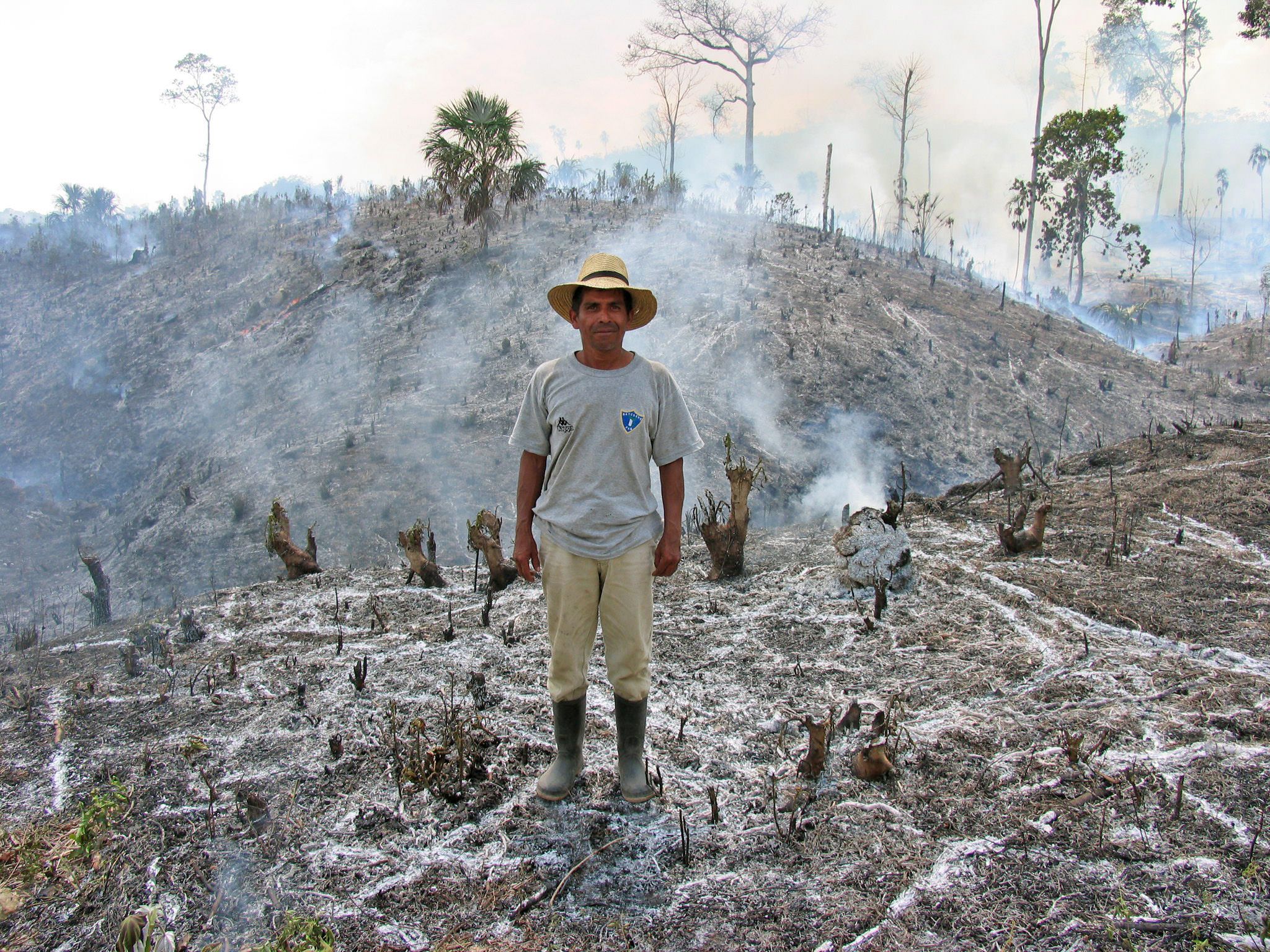
Rural poverty is at the root of many of our most pressing global challenges, from child labor and poor working conditions to deforestation for agricultural expansion. Economic desperation exacerbates these complex issues, which are deeply embedded in global supply chains. The result is a vicious cycle of environmental destruction and human suffering.
Our work to cultivate rural prosperity brings real, measurable benefits for farmers, forest communities and Indigenous peoples around the world.
![]()
earned by our Maya Biosphere Reserve community partners from 2013-2021*
The Rainforest Alliance has been working with the community forestry concessions in Guatemala’s Maya Biosphere Reserve since 1999—helping to develop thriving forest enterprises based on the responsible harvesting and processing of non-timber forest products (such as nuts and palm fronds), in addition to timber for export, according to the rigorous standard of the Forest Stewardship Council (FSC).
*2013-2021 earnings from 100+ small and medium-sized forest-based businesses in the community concessions of Guatemala’s Maya Biosphere Reserve.
![]()
on West African small-scale certified farms*
In 70 countries, farmers are trained in more sustainable practices that boost climate resilience, conserve biodiversity, and promote worker wellbeing—while also helping to increase productivity and improve their incomes. Learn more
*Three studies published in 2018-2020 reveal that income from cocoa production is 40% higher on average on Rainforest Alliance and UTZ Certified farms in Ghana and Cote d’Ivoire, compared to non-certified farms:
The Rainforest Alliance partners with frontline communities to build thriving rural economies rooted in more sustainable growing practices and forest stewardship. We also promote responsible business practices to ensure that companies recognize and reward sustainability transformation—in the field as well as the boardroom.
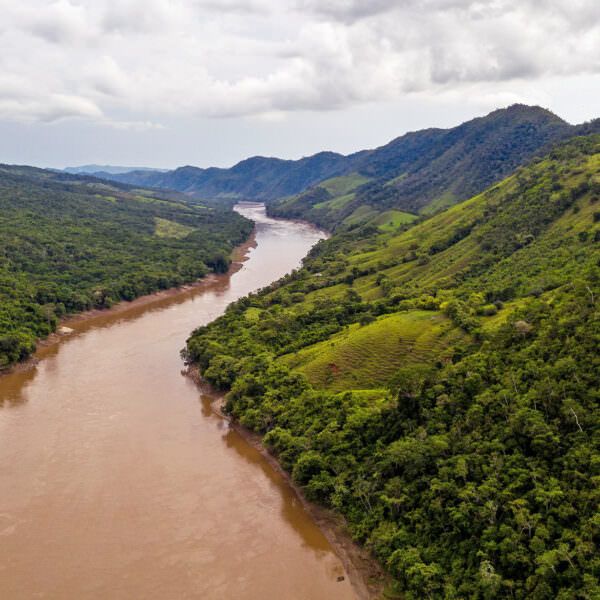
We're helping more than two million farmers embrace more sustainable growing practices that can help build resilience to climate change and boost yields.
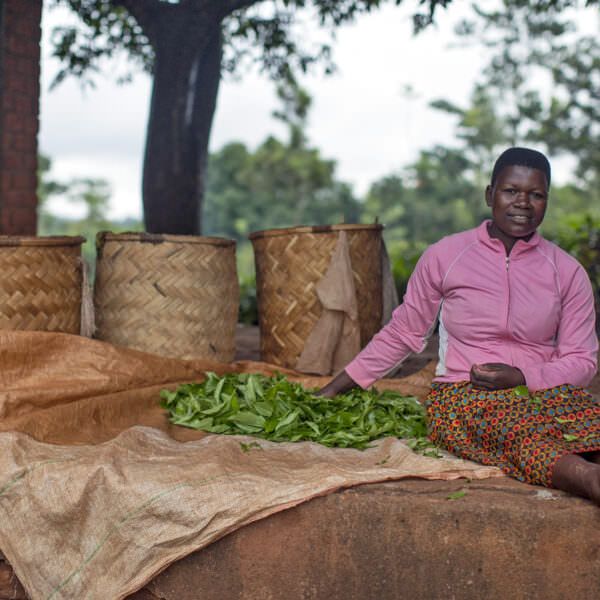
To improve rural livelihoods, we foster deep collaboration between farmers, civil society organizations, companies, and governments.
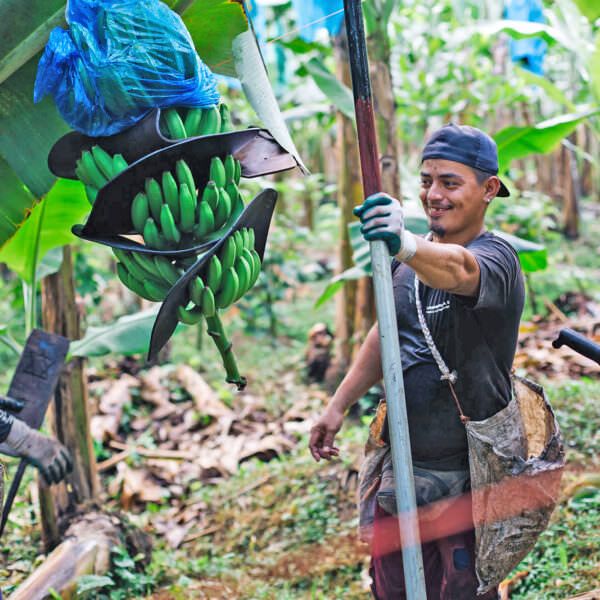
The Rainforest Alliance believes that workers around the world should be paid enough money to provide a decent life for themselves and their families.
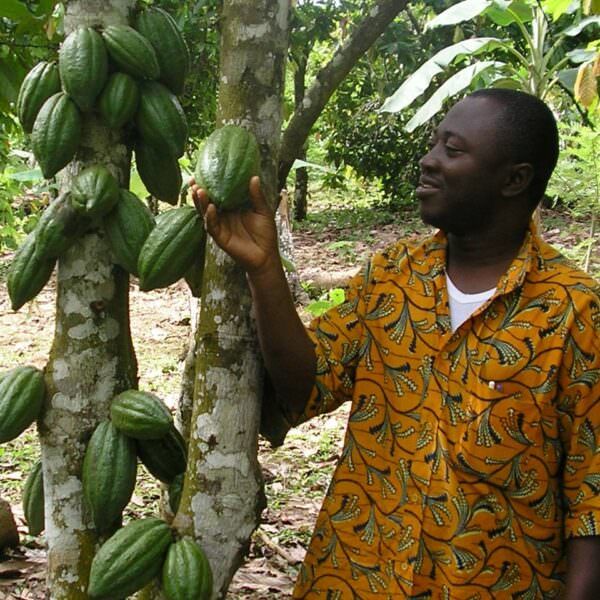
At the Rainforest Alliance, we believe in a shared responsibility approach that encourages companies to do their part in ensuring a living income for farmers. This is the basis of our initiatives, the Living Income Module and the Living Income Fund.

At the Rainforest Alliance, we recognize that sustainability is a long-term journey and to make sectors truly sustainable, all supply chain actors have a role to play. An inclusive supply chain is one where both the value and the risks are shared. This requires a shift to a system where the producers’ costs and investments […]

The Rainforest Alliance’s sustainability certification is evolving, with the publication on June 30 of a new program with more robust criteria, measurement, and impact featuring several key innovations.
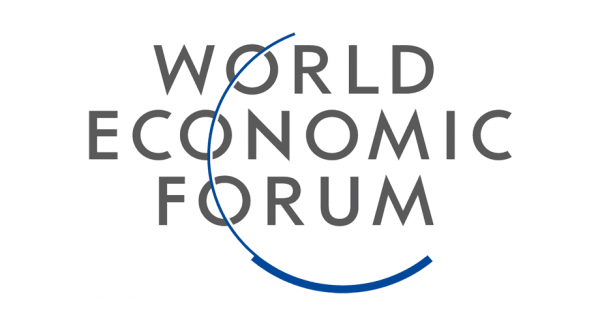
The pandemic has focused attention on how dependent we all are on what happens in other parts of the world for the products we use every day. Current innovations in sustainability certification can help build more resilient supply chains through a stronger focus on continuous improvement, transparency and shared responsibility.

All players in the food supply chain must work together to ensure that these emerging technologies catalyze an era of more responsible farming.

As people around the globe mark World Rainforest Day, Mohammad Zainuri Hasyim of the Rainforest Alliance in Indonesia says we must start recognizing the power of Indigenous and local communities in preserving this vital natural resource.

When Guatemala created a major reserve 30 years ago, environmentalists complained that too much land was entrusted to local people and not converted to parks. Now, the parks have been overrun by ranches linked to drug traffickers, while the community-run lands are well preserved.